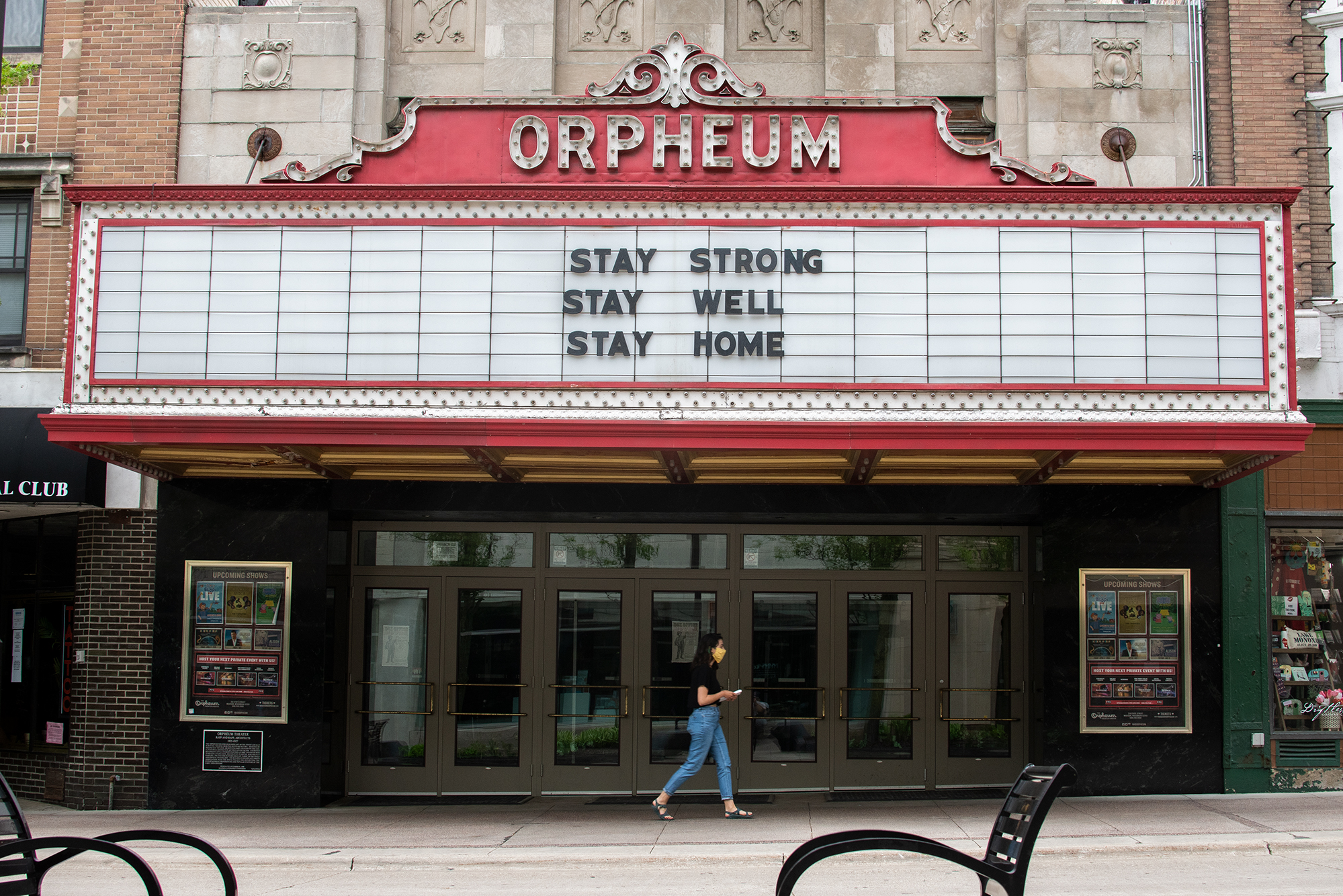
Let me start by acknowledging that this pandemic is hard for everyone. We all have the pit of anxiety in our stomachs. Many face major financial insecurity with stock market losses, business and school closures. I know people whose weddings, family members' funerals, and dream vacations have been cancelled. My friend's grandma recently enrolled in hospice and cannot have visitors. It hurts differently for everyone, but almost all are suffering to some degree.
These pain points push us. They drive us to doubt the reality of the threat or to overreact to it. My goal in writing is to help those I love (and anyone interested) walk that line, promoting understanding of the COVID-19 pandemic's power without allowing it to cripple us with fear.
In Seattle, we're a week or two ahead of much of the United States in terms of COVID-19, both in number of infections and deaths, but also in our response to it. I hope that Seattle is not a week or two behind Italy, which recently surpassed China as the country with the most COVID-19 related deaths, and that the rest of the U.S. and the less affected parts of the world are learning from mistakes and successes of those who have been hit hard early.
One of our neighboring hospitals in the Seattle area has a full ICU with no remaining ventilators. A young, previously healthy doctor infected with COVID-19 is in critical condition. For me, these realities shattered the illusion that this pandemic would not be important. The fear and anxiety are well-founded.
And yet, I've found love to be the predominant sentiment throughout all of this. When talking about potential virus exposure with several medical residents, their unanimous first concern was of unknowingly transmitting the infection to frail patients. Several people in our community have donated meals or transportation to and from work to our residents in a time when public transport is not recommended. Not even on my most adventurous travels – hitchhiking through the Middle East solo during the Arab Spring – have I had so many loved ones reach out and tell me to stay safe as I have in the past few weeks.
My advice is to follow your local public health department's guidelines, even if only begrudgingly. These guidelines differ in every part of the country, and they're changing rapidly, so tune into your local news frequently. If your public health department recommends you stay home, try to do it. The goal of these measures is to slow the transmission of the virus so that everyone who needs mechanical ventilation for respiratory support will be able to have it.
Most importantly, think about your community. If you can see how this hurts those you love, try to help them. For me, Seattle has never felt so remote, knowing that my Midwest-based family is no longer a simple plane ride away. Before I get out of bed each morning and head into the hospital, I take solace in scrolling through photos and videos that my family and friends have sent. Little acts of love go a long way in the time of covid.
To read more from Ann Schraufnagel, visit her blog.











